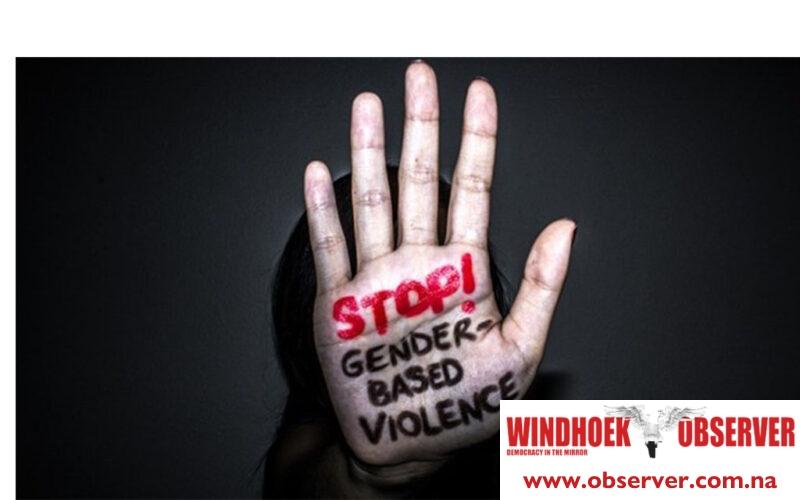Hertta-Maria Amutenja
*Hilaria from Windhoek attempted to report a case of gender-based violence against her ex-lover. When she entered the Otjimuise police station, she claimed that she was mocked by police officers.
“It happened more than once. I wanted to believe him, so I forgave him, hoping it was indeed a one-time mistake. But it wasn’t a one- time mistake because few months after, one evening, during an argument that spiraled out of control, he hit me again and he took out a gun and pointed it at me, threatening to kill me and himself. I begged him to put the gun down. Eventually, he relented, but the threat lingered in the air,” she said.
Hilaria said the next morning, determined to seek help, she went to Otjimuise police station to report the alleged abuse.
“As I told the female police officer, how my ex-boyfriend had threatened to kill me and had hit me, the officer questioned how he could be my ex if he was my boyfriend the previous night. I felt ashamed and walked out of the police station, never opening the case,” said Hilaria.
Similar stories are narrated by several GBV victims that we have spoken to.
This was backed up by the Gender and Child protection specialist in the Office of the First Lady, Veronica Theron
According to her, the harsh cross-examination faced by GBV victims in courts during a trial is part of the challenges experienced in fightoing the violence.
Theron revealed this during an interview with Windhoek Observer recently, amid the rising of GBV cases.
While also highlighting challenges faced by survivors in accessing essential support services.
“The fragmented services, such as lack of aftercare services and updates on the progress of cases, long delays and postponements, trials that are not child or victim-friendly due to harsh cross-examination, as well as staff turnover among doctors, investigating officers, social workers, prosecutors and magistrates, are amongst the challenges faced,” she said.
She said the BeFree Youth Campus is a ‘’One-Stop Centre’’ as a solution where survivors can access all services.
BeFree Youth Campus is a one-stop centre in Katutura that is close to courts, police stations, public hospitals, several schools, and 12 youth organisations.
“Social workers assist survivors with court preparation to lessen trauma and apply for special measures and arrangements (court hearings to be in camera and in victim-friendly court facilities). Social workers liaise with investigating officers and prosecutors and keep survivors informed about the progress in their cases,” she explained.
Theron added that mental health experts/specialists deal with cases from report to finalisation of court cases and provide professional psychological treatment, individually and in groups.
The Ministry of Gender Equality, Poverty Eradication, and Social Welfare (MGEPESW) spokesperson, Lukas Haufiku, said the ministry is coordinating the implementation of a GBV plan of action (2019-2023) with various stakeholders.
Interventions include awareness programs, male engagement, school programs, community dialogues, legal literacy programs, media campaigns, and commemoration of 16 days against GBV.
He added that efforts to establish Regional GBV and Human Rights Clusters and engage men through conferences to combat and prevent violence are underway.
Similarly, the Ministry of Education, Arts, and Culture executive director Sanet Steenkamp highlighted efforts to integrate gender-sensitive content into school curricula and provide training for teachers on recognising and addressing GBV among pupils.
“At each school, principals and heads of departments are entrusted with the responsibility of making sure life-skills teachers, just like other teachers, are capacitated to implement life-skills education. Subject-specific Education Officers are also recruited to provide professional subject-related support, enhancing teacher competency for effective curriculum implementation,” said Steenkamp.
In response to recent GBV cases, the Legal Assistance Centre (LAC) has urged lawmakers, religious leaders, and community members to join forces in the fight against the scourge.
“The facts are frightening. More than 20 women were killed by gender-based violence this year. Children abandoned in rubbish dumps. Our disregard for the rights of our most vulnerable is something all Namibians should be ashamed of.
The Trustees and staff of the Legal Assistance Centre express concern about the recent spate of violent crimes directed against human lives,” said LAC director Toni Hancock.
*Hilaria shared her story of being a victim of gender based violence with Windhoek Observer. To protect her identity, Windhoek Observer is not using her real name.




